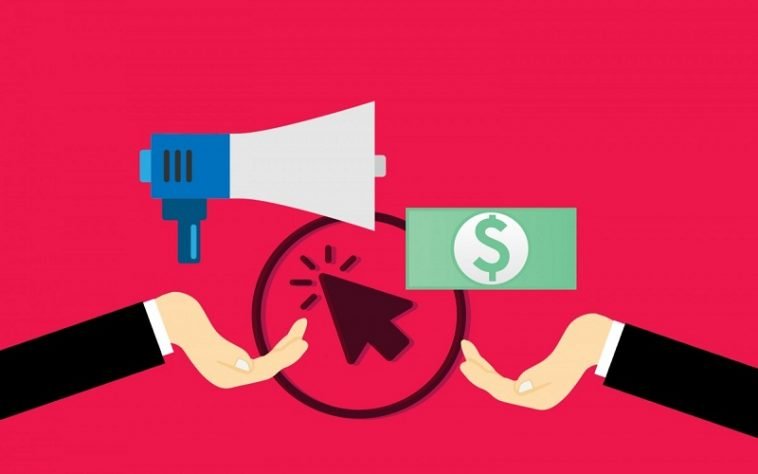One of the biggest innovations in online commerce in recent years has been pay per click management (or PPC). Through PPC, many website owners have been able to create a passive income stream for themselves, without having to have much in the way of specialized skills or knowledge. The average website owner can start making money from their website traffic relatively easily. PPC is an advertising method by which advertisers only pay when someone clicks on the ad. Rather than paying to display an ad that no one may ever click on, with PPC campaigns an advertiser only pays when someone actually click through to the website by way of the ad. There’s no risk, nothing to lose, which makes it a very popular method for online advertisers to maximize their advertising budgets. By far, the most popular PPC option is Google Adwords, but there are several options.
The cost of running a PPC campaign will vary. This is because the foundation of PPC is keywords, with some keywords costing more than others. This is because certain keywords are in higher demand than others. For example, if you would like to run a PPC campaign for the keywords “plumber,” it’s going to cost you more than a PPC campaign for a much more specific keyword. Internet users are much more likely to use certain search terms than others, and you’ll have to pay more for those in-demand words because more advertisers are bidding for those ad words than others, which drives up the price.
Furthermore, part of the cost of a PPC campaign is determined by you. You can set a budget ahead of time, specifying how much you want to spend on your campaign so your costs stay in control. You’ll be notified when you reach your specified threshold and your ads will be “turned off” until you add to your budget.
There are a few basic elements to any PPC campaign:
Your overall campaign: Let’s say you’re having a grand opening event that you want to advertise. That is your overall campaign.
Your ad group: A group of ads all relating to a campaign is known as the ad group.
Keywords: These are the searchable words relating to your ad group that Google will use to determine ad placement.
Ad text: This is the text on the ad that compels people to click on the ad. They are the words that “sell the click.”
Landing page: This is the page on your website where people “land” after clicking through from the ad.
As you can see, a PPC campaign has a lot of moving parts. For maximum success, it’s best for most companies to hire a dedicated PPC management firm to help you succeed. Done well, PPC can be a great way to make money through your website.



Comments
0 comments